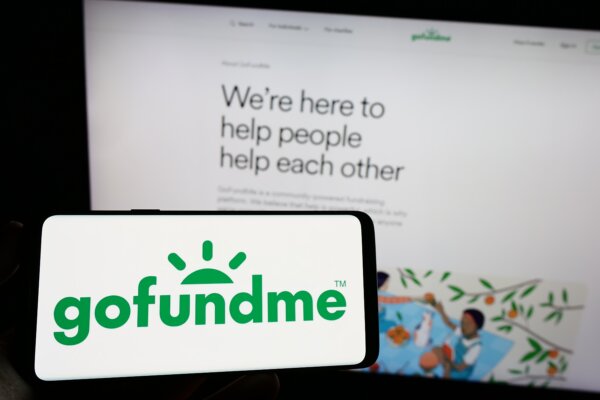
Young woman making choice among different things at flea market. (© JackF - stock.adobe.com)
BLOOMINGTON, Ind. — Haggling or bargaining over price is a skill that some excel at, while others just can’t seem to catch on. The next time a piece of vintage furniture or treasured memorabilia catches your eye, researchers from the Indiana University Kelley School of Business and the Cornell University SC Johnson College of Business have a suggestion that could help you land a more affordable price — emphasize a mutual connection to the past with the seller.
“While a good gains value through association with an individual owner, it also gains value through its connection with a collective past,” says Kate Christensen, assistant professor of marketing at the Kelley School, in a university release. “But connecting to the people who came before changes the value of objects. Sellers value the good more, but they will accept less from a person who also values that good because they want the link to the people who came before them — the heritage connection.”
Prof. Christensen is the lead author of the study. Her co-author is Suzanne Shu, the John S. Dyson Professor in Marketing and dean of faculty and research at Cornell University’s SC Johnson College of Business.
“It’s long been known in behavioral economics that owners will often over-value an item,” Prof. Shu explains. “Yet, we were observing almost an opposite pattern: Owners were willing to take a below-market sales price if the buyer was somehow connected to the object’s past.”
“Even more surprising was that they’re offering a lower sales price to people who they think are likely to value the item the most. From an economic perspective, it’s an interesting demonstration of how people are willing to trade between money and emotional connections. From a marketplace perspective, it gives us insight into the selling and donating of the heirlooms retirees may be trying to get rid of.”

This research was conducted with a number of diverse groups, including Cornell alumni attending a reunion weekend, sellers on Facebook marketplace, and a collection of CloudResearch-approved participants on the Amazon Mechanical Turk platform.
Prior studies have shown that owners who are highly attached to sentimental items demonstrate heightened sensitivity to the future usage of their goods. This latest work suggests that sellers tend to find it easier to part ways with an item if the buyer also shares a connection to the item’s past.
Researchers say their study is applicable to markets that involve resale, including the $43 trillion U.S. housing market and the $450 billion collectibles market.
“To get a discount on an older house, real estate agents might encourage their clients to use homebuyer ‘love letters’ that emphasize their experience living in a house from the same time period and their goal of staying connected to the past while enjoying the house,” Prof. Christensen notes.
All that aside, researcher say this work may hold significance beyond just the hunt for a good bargain.
“While we analyze buying and selling of consumer goods in this paper, our work has implications for sustainability,” Prof. Christensen explains. “While individuals sell goods, governments sell land, oil, water and mining rights. This research suggests that emphasizing a natural resource’s connection to generations past and the people who came before may make citizens value the land more and may make them more concerned about who gets the rights to the resource.”
“We hope that understanding the link between the past and the present will pave a way to understanding how to preserve and protect our future.”
Virtually everyone has at least one possession that connects them with their past. For Prof. Christensen, those items are her grandmother’s teacups. These findings confirm her own feelings that there is a distinction between selling to a collector and to someone who wants to maintain that same connection to those who came before them and the past.
“Novelist William Faulkner famously wrote, ‘The past is never dead. It’s not even past,’” the researcher concludes. “This is true in the marketplace, where the past has been mostly ignored. We found that a heritage connection — a seller’s link to the people who came before them — affects the decisions consumers make in a marketplace.”
The study is published in the Journal of Marketing Research.









